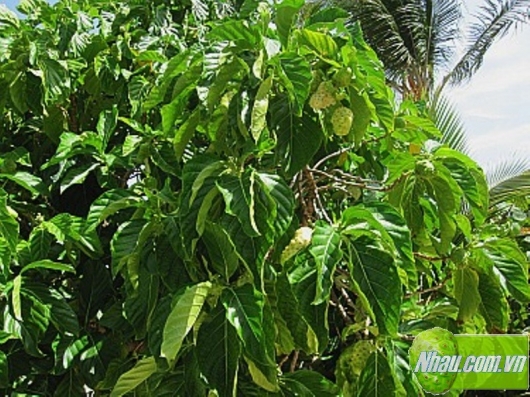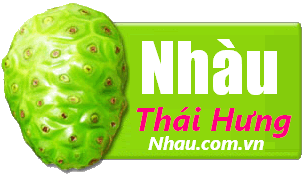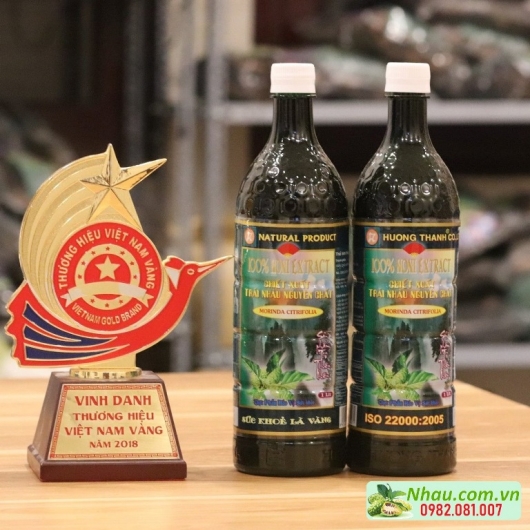 Nước cốt nhàu nguyên chất Hương Thanh - Hỗ trợ đau nhức xương khớp, huyết áp cao, tiểu đường, suy giãn tĩnh mạch ...
Nước cốt nhàu nguyên chất Hương Thanh - Hỗ trợ đau nhức xương khớp, huyết áp cao, tiểu đường, suy giãn tĩnh mạch ...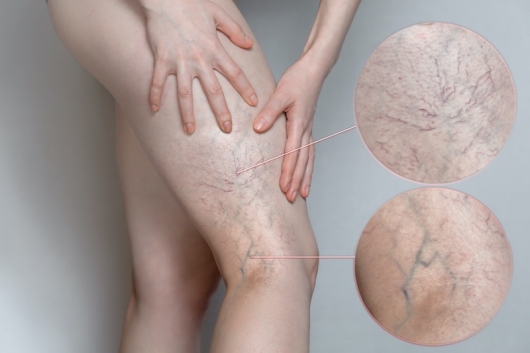 Trị suy giãn tĩnh mạch với bài thuốc từ trái nhàu (noni) hiệu quả ít tác dụng phụ
Trị suy giãn tĩnh mạch với bài thuốc từ trái nhàu (noni) hiệu quả ít tác dụng phụ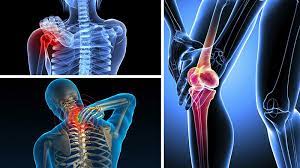 Tạm biệt cơn đau nhức xương khớp với Nước Cốt Nhàu Tự Nhiên Hương Thanh
Tạm biệt cơn đau nhức xương khớp với Nước Cốt Nhàu Tự Nhiên Hương Thanh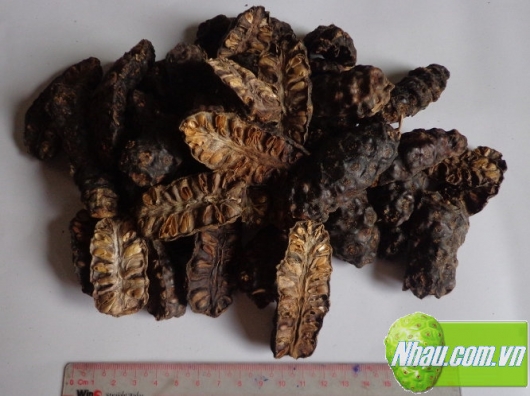 Trái nhàu khô - Công dụng của trái nhàu khô (noni fruit) với những căn bệnh mãn tính
Trái nhàu khô - Công dụng của trái nhàu khô (noni fruit) với những căn bệnh mãn tính Nước cốt nhàu Hương Thanh [1 thùng 10 chai] - Tiêu chuẩn ISO & Cúp vàng thương hiệu Việt 2018
Nước cốt nhàu Hương Thanh [1 thùng 10 chai] - Tiêu chuẩn ISO & Cúp vàng thương hiệu Việt 2018- + Xem thêm
- Khách đang online: 12
- Truy cập hôm nay: 103
- Lượt truy cập: 2513420
- Số trang xem: 2897605
- Tổng số danh mục: 40
- Tổng số sản phẩm: 46
Noni Plant
Noni Plant
Other common name(s): noni fruit, noni juice, Indian mulberry, morinda, hog apple, meng koedoe, mora de la India, ruibarbo caribe, wild pine
Scientific/medical name(s): Morinda citrifolia
Description
The noni or morinda plant is a tropical evergreen tree that grows to about 10 feet tall in Tahiti and other Pacific Islands, as well as in parts of Asia, Australia, South America and the Caribbean. The tree can grow to as tall as 10 feet and bears a fruit about the size of a potato which starts out green and ripens into yellow or white. The juice, fruit, bark, and leaves are used in herbal remedies and Polynesian folk medicine.
Overview
There is no reliable clinical evidence that noni juice is effective in preventing or treating cancer or any other disease in humans. Although animal and laboratory studies have shown some positive effects, human studies are just beginning. Research is under way to isolate various compounds in the noni plant so that further testing can be done to learn whether they may be useful in humans.
How is it promoted for use?
Proponents claim the noni fruit and its juice can be used to treat cancer, diabetes, heart disease, cholesterol problems, high blood pressure, HIV, rheumatism, psoriasis, allergies, infection, and inflammation. Some believe that the fruit can relieve sinus infections, menstrual cramps, arthritis, ulcers, sprains, injuries, depression, senility, poor digestion, atherosclerosis, addiction, colds, flu, and headaches. It is further claimed that the juice can heal scratches on the cornea of the eye.
In India, proponents use noni as a remedy for asthma and dysentery, and folk healers in the Pacific islands use it for many types of illness. In the United States, some noni juice distributors promote it as a general tonic, stress reliever, facial and body cleanser, and dietary and nutritional supplement.
What does it involve?
Parts of the noni plant are used as a juice, a tonic, a poultice, and in tea. The juice, which has an unpleasant taste and odor, is used on the scalp as a treatment for head lice. Some proponents also advise drinking the juice, mixed with other juices and flavorings to mask its unpleasant taste. The leaves and bark are sometimes made into a liquid tonic for urinary complaints and muscle or joint pain. The unripe noni fruit is mashed together with salt and applied on cuts and broken bones. Ripe fruit is used as a poultice for facial blemishes or as a remedy for skin sores, boils, or infections. Tea made from leaves of the plant is used as a remedy for tuberculosis, arthritis, rheumatism, and as an anti-aging treatment.
In the United States, noni products are sold in various forms including juice, extract, powder, capsules (nutritional supplements and diet aids), facial cleansers, bath gels, and soaps. Noni distributors and Internet sites selling the juice or supplements often recommend that they be taken on an empty stomach.
Noni fruit juice and supplements contain various amounts of vitamin C and A, as well as trace minerals.
What is the history behind it?
The noni fruit has been popular for centuries among Polynesians, who introduced the noni plant to Hawaii. During World War II, soldiers stationed in the South Pacific ate the fruit for added sustenance. Over the past few years, products from the noni plant have become available in health food stores and online in the United States.
In 1998, a company that manufactures noni juice and other noni products for distribution was charged with making unfounded claims by the Attorneys General of Arizona, California, New Jersey, and Texas. The company claimed that the juice could treat, cure, or prevent many diseases including cancer, HIV, diabetes, rheumatism, high blood pressure, cholesterol problems, psoriasis, allergies, heart rhythm abnormality, chronic inflammation, and joint pain. The company was ordered to stop advertising these health claims until it could provide scientific evidence of its claims and receive approval from the U.S. Food and Drug Administration (FDA). That same year, juice marketed under the name of "Noni" was banned in Finland until claims of the juice's ability to prevent, treat, or cure illness were removed from advertising brochures.
Between 2002 and late 2006, the FDA again warned several companies to stop making claims that noni could cure, treat, or prevent disease, since proof of such abilities had still not been submitted to the FDA. However, these claims are still widely made on Web sites and elsewhere.
What is the evidence?
Several animal and laboratory experiments have been done on different compounds taken from the noni plant. A group of Hawaiian researchers caused tumors to grow in mice and then injected specially prepared noni juice into their abdomens. Mice who received the treatment survived twice as long as the untreated mice. Other scientists studying freeze-dried extract from the roots of the plant found that the substance appeared to prevent pain and induce sleep in mice.
Another team of investigators reported that damnacanthal, a compound removed from the root of the noni plant, may inhibit a chemical process that turns normal cells into cancer cells. However, since extracted chemicals or substances are different from the raw plant, a study of an extract might not produce the same result as a study using the whole plant. In addition, while animal and laboratory studies may show a certain substance holds promise as a helpful treatment, further studies are necessary to learn whether the results apply to humans.
An early (Phase I) clinical trial of freeze-dried noni fruit extract was done on 29 patients at the University of Hawaii to learn about its actions and toxicities in people with cancer. This study found no toxic effects on patients even at daily doses of 10 grams, but also found that there was no significant effect on quality of life. It was noted, however, that those who got higher doses reported feeling somewhat better. In addition, researchers at Louisiana State University are working to isolate and purify any compounds in the juice that may be active in humans so that further testing can be done.
More research is needed before it can be determined what role, if any, noni plant compounds may play in the treatment of cancer or other health conditions.
Are there any possible problems or complications?
This product is sold as a dietary supplement in the United States. Unlike drugs (which must be tested before being allowed to be sold), the companies that make supplements are not required to prove to the Food and Drug Administration that their supplements are safe or effective, as long as they don't claim the supplements can prevent, treat, or cure any specific disease.
Some such products may not contain the amount of the herb or substance that is written on the label, and some may include other substances (contaminants). Actual amounts per dose may vary between brands or even between different batches of the same brand.
Most such supplements have not been tested to find out if they interact with medicines, foods, or other herbs and supplements. Even though some reports of interactions and harmful effects may be published, full studies of interactions and effects are not often available. Because of these limitations, any information on ill effects and interactions below should be considered incomplete.
The safety and long-term effects of noni juice and other noni products are not well known. A few cases of liver problems have been reported in people taking noni in European countries. One of these patients had previous liver damage and required a liver transplant, but the others recovered when noni was stopped.
The juice has a significant amount of potassium, equivalent to a similar amount of tomato juice or orange juice, and may pose problems for people with kidney disease and others who must restrict their potassium intake. It is also high in sugar, which must be considered for people with diabetes and others who are restricting their calorie intake. It may also cause the urine to turn a pink or reddish color. Noni juice and supplements have not been studied in pregnant or breast-feeding women.
Relying on this type of treatment alone and avoiding or delaying conventional medical care for cancer, may have serious health consequences.
